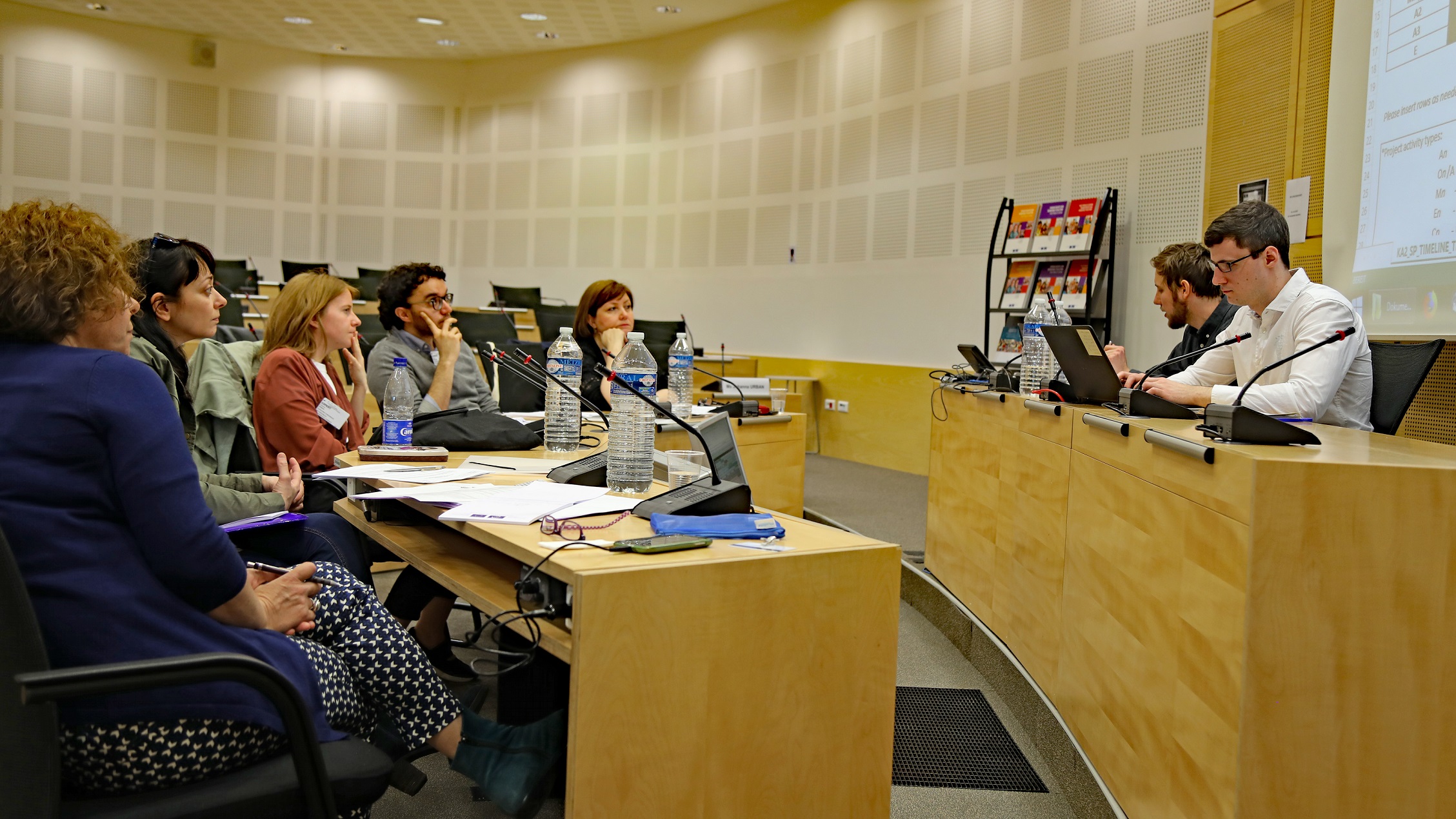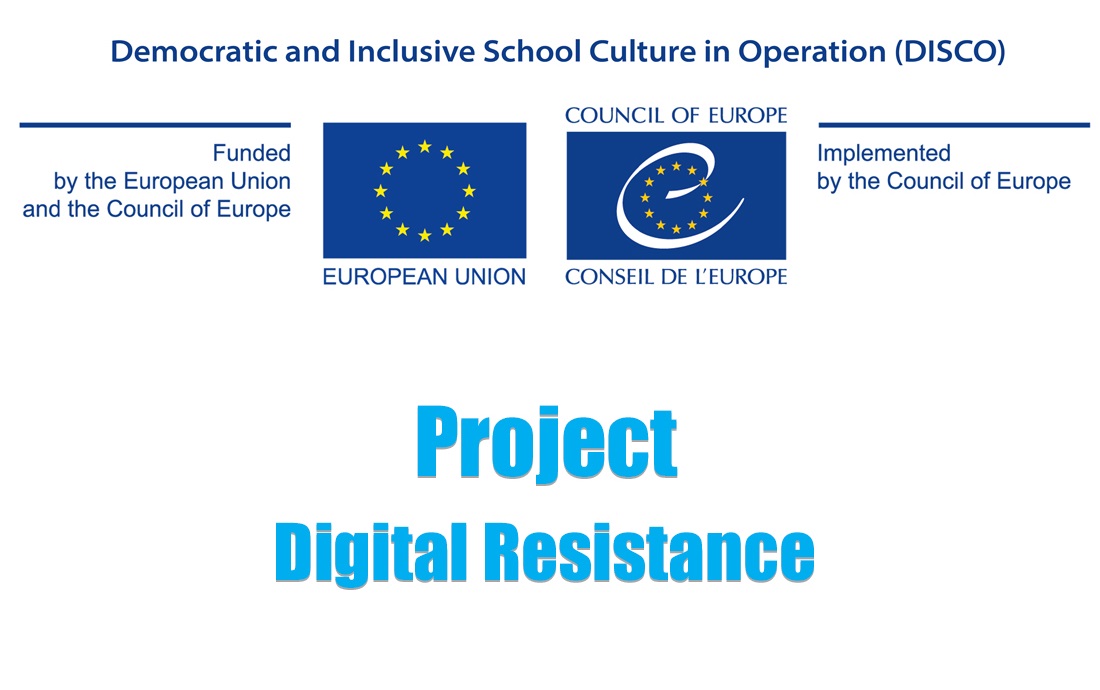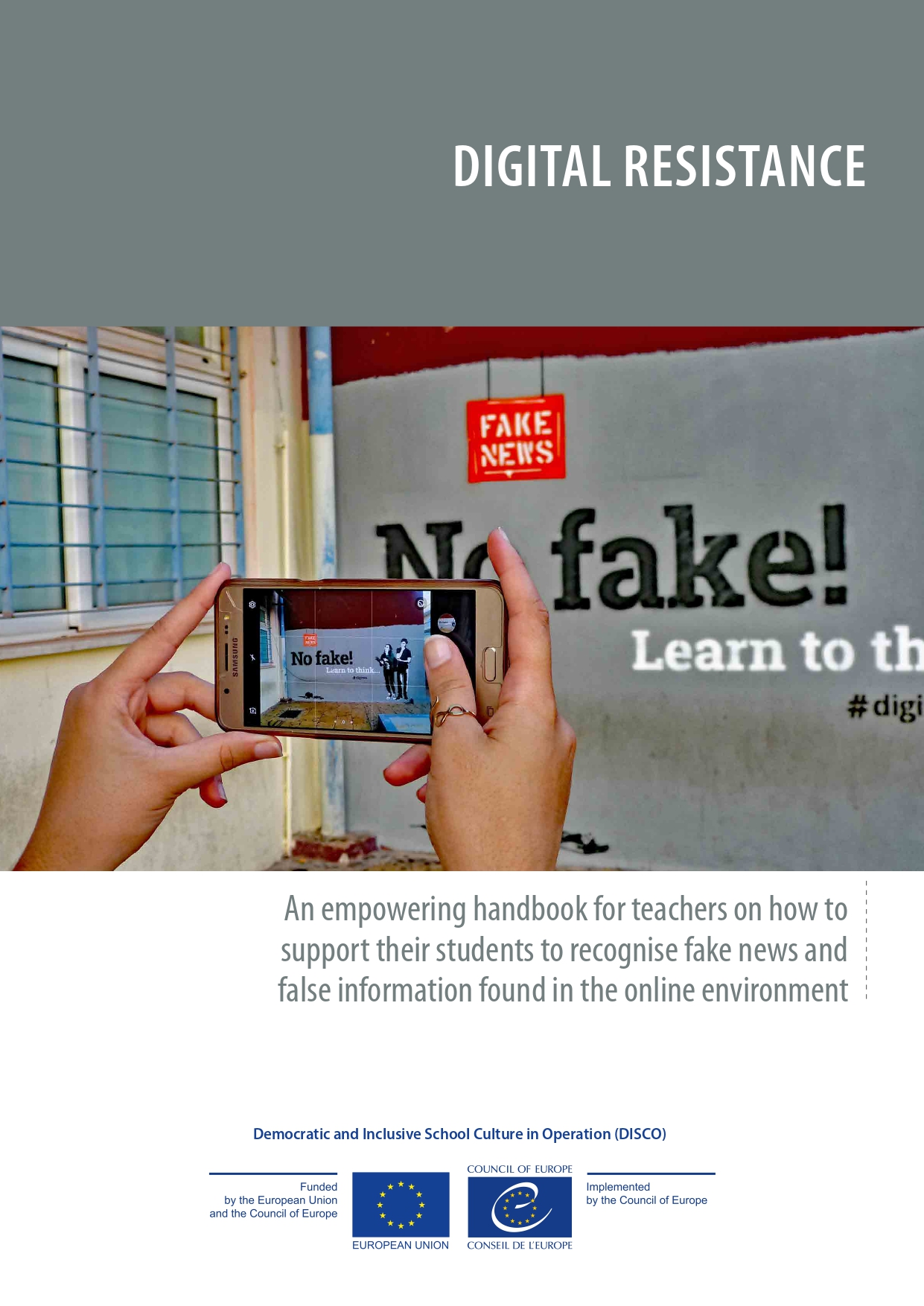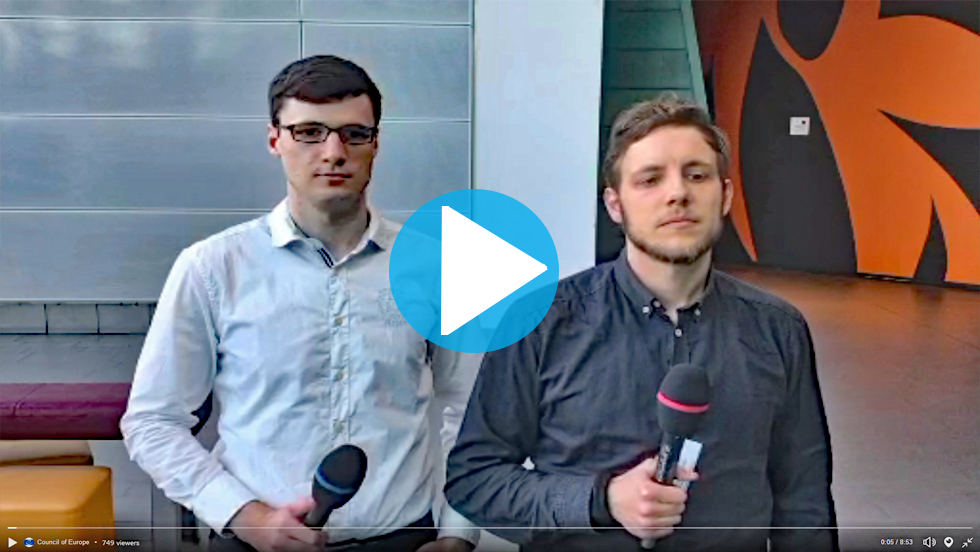Digital Resistance

Implementing organisations
- Leibniz University of Hannover (Germany)
- University of Pavia (Italy)
- University of Vienna (Austria)
- 1st EPAL Korydallou/Athens – Public VET school (Greece)
- Buzau County School Inspectorate (Romania)
Overall objective
- To promote digital citizenship of pupils by supporting the development of digital skills and competences through inquiry-based learning methods and by using peer-education to build a “pupil’s community of digital citizens”
Specific objectives
- To raise awareness on issues such as discrimination, indoctrination and fake news found in the online environment and the influence of social media on politics and civil society
- To enhance pupils’ digital skills, competences, values and attitudes
- teaching them how to analyse the media in an objective way and consume digital media critically,
- helping them to develop an objective point of view and to question news-networks realising
when a news or information is delivered uncritically from a single viewpoint. - To encourage pupils’ use of creative and digital methods when presenting and elaborating relevant topics
- To foster the use of peer education paying particular attention to the “education triangle” of teachers, students and parents
- To build a community named “pupil’s community of digital citizens” where good practices from the participating countries will be shared
Outputs/expected results
- An inquiry-based learning strategy to enhance digital competences and critical thinking when consuming digital media and online content. This strategy will be available in the form of a digital handbook for teacher training.
- Teacher training implemented in all participating countries in association with partner schools. Two partner-schools in each participating country.
- Pupil’s assignment using inquiry-based learning: pupils will create outputs in the form of videos, vlogs, blogs, short movies, posters and online presentations that will be published on an online platform
- A “pupil’s community of digital citizens” will be established where pupils can get in touch with pupils from other countries and present their outputs. This platform that supports peer-to-peer learning, will allow pupils to exchange knowledge, good practices and share ideas.
- A concrete model to evaluate peer-learning-process will also be developed.
- In each participating country, a dissemination event will be organised to present the selected outputs of the inquiry-based learning produced by pupils and to promote the method
The EU/Council of Europe Joint Programme "Democratic and Inclusive School Culture in Operation (DISCO)" is funded by the Council of Europe and the European Union and implemented by the Council of Europe. The opinions expressed by third parties in content on this website do not necessarily reflect the official views of the Council of Europe or the European Union. The Council of Europe and the European Union do not accept any responsibility for the content of any external sites over which the Council of Europe and the European Union have no control, including those representing projects and activities in individual member States and elsewhere. The information which they contain may not necessarily be complete, exhaustive, accurate or up to date. Any views expressed on those sites do not necessarily reflect the official opinion of the Council of Europe or the European Union.

Project “Digital Resistance”: Partners met in Hannover to finalise digital handbook for teachers
Digital Resistance: First teacher training in Austria
Digital Resistance: Project partners and teachers met to assess progress
Digital Resistance: project results highlighted at co-ordination meeting in Athens
Digital Resistance : Peer day of action in Vienna
“Spot the Fake” App: Learn how to recognise fake news online!
The new Handbook for Teachers on fake news and false information is out!



